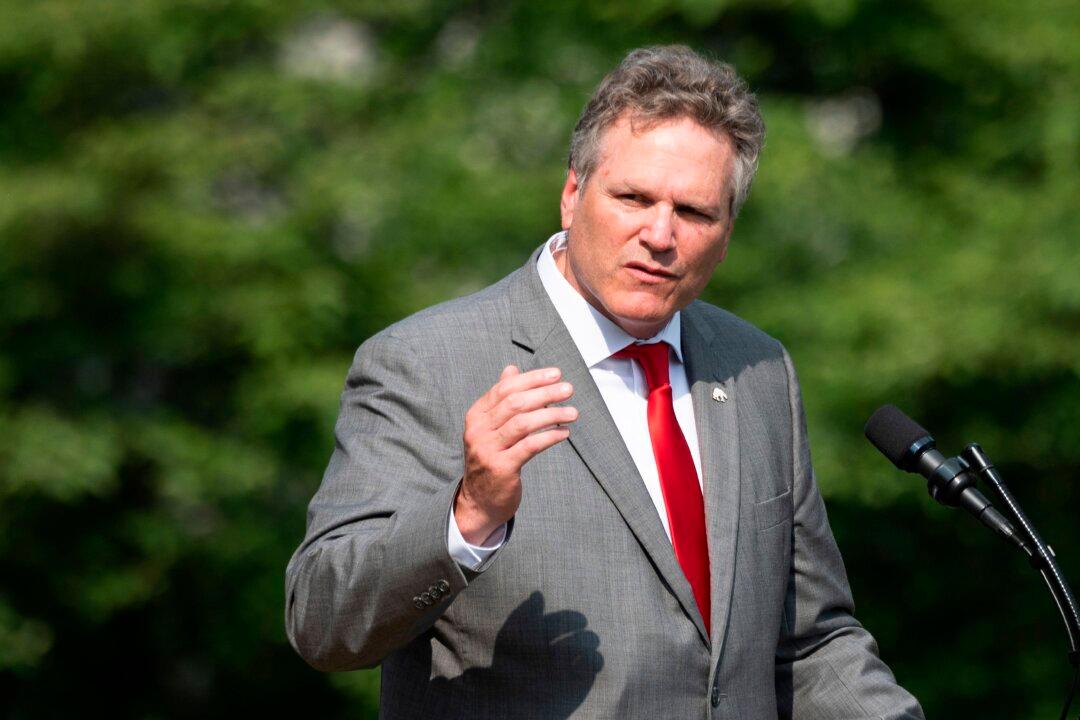The Alaska Supreme Court ruled on July 16 that the recall campaign against Gov. Mike Dunleavy can go forward.
A recall committee filed an application to remove the governor, alleging that he’s abused his power, neglected his duties, and is unfit for office. The Alaska Division of Elections had denied the application, stating that it wasn’t legally or factually sufficient.





